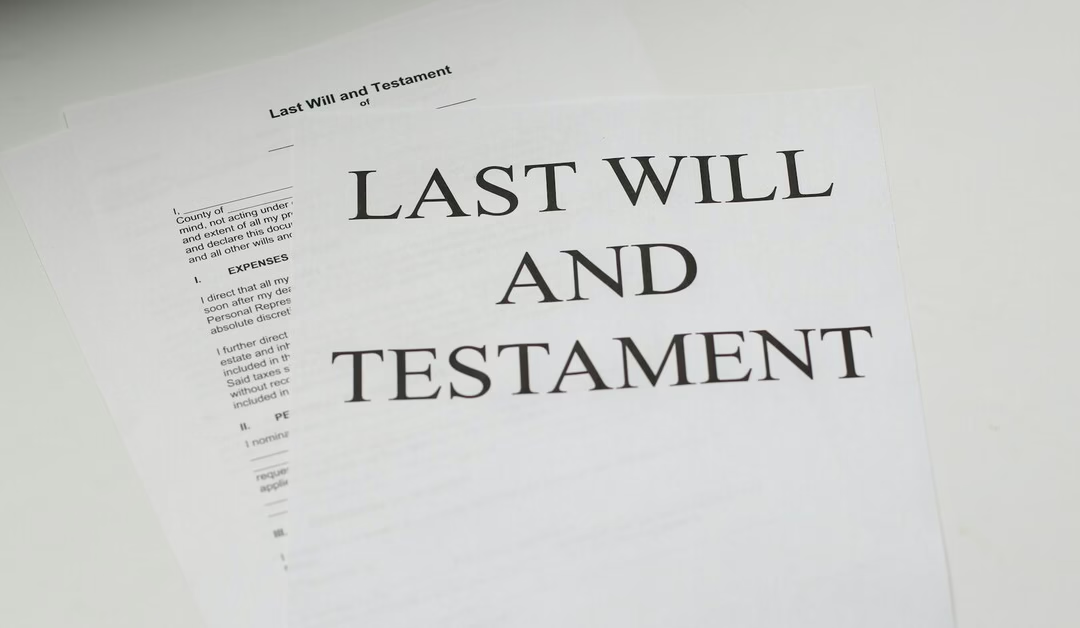The Law Offices of Brenton C. McWilliams – Blog
The Law Offices of Brenton C. McWilliams
Welcome to our blog. Here, you will find articles on topics relating to estate planning, elder law and probate.

Considering a Living Trust? 5 Living Trusts Benefits for Alabama Estate Planning
One of the most significant reasons why citizenship status matters in estate planning is the tax treatment of estates, particularly when it comes to federal estate and gift taxes. U.S. citizens and permanent residents (green card holders) benefit from the unlimited marital deduction, which allows them to transfer assets to a U.S. citizen spouse without incurring estate taxes.

5 Life Changes That Mean It’s Time to Update Your Estate Plan
One of the most significant reasons why citizenship status matters in estate planning is the tax treatment of estates, particularly when it comes to federal estate and gift taxes. U.S. citizens and permanent residents (green card holders) benefit from the unlimited marital deduction, which allows them to transfer assets to a U.S. citizen spouse without incurring estate taxes.

How to Create a Will That Protects Your Family and Legacy in Alabama
One of the most significant reasons why citizenship status matters in estate planning is the tax treatment of estates, particularly when it comes to federal estate and gift taxes. U.S. citizens and permanent residents (green card holders) benefit from the unlimited marital deduction, which allows them to transfer assets to a U.S. citizen spouse without incurring estate taxes.

Why Every Alabama Family Needs an Estate Plan — No Matter the Size of Their Estate
One of the most significant reasons why citizenship status matters in estate planning is the tax treatment of estates, particularly when it comes to federal estate and gift taxes. U.S. citizens and permanent residents (green card holders) benefit from the unlimited marital deduction, which allows them to transfer assets to a U.S. citizen spouse without incurring estate taxes.
Why Citizenship Status Matters in Estate Planning
One of the most significant reasons why citizenship status matters in estate planning is the tax treatment of estates, particularly when it comes to federal estate and gift taxes. U.S. citizens and permanent residents (green card holders) benefit from the unlimited marital deduction, which allows them to transfer assets to a U.S. citizen spouse without incurring estate taxes.



